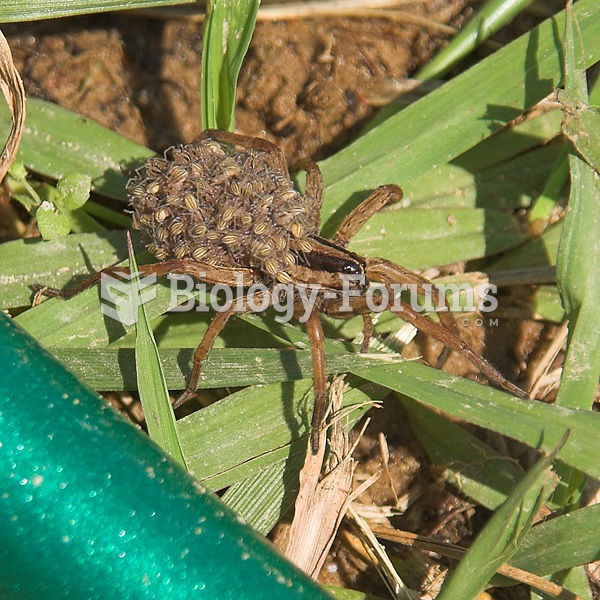|
|
|
In 1844, Charles Goodyear obtained the first patent for a rubber condom.
More than 30% of American adults, and about 12% of children utilize health care approaches that were developed outside of conventional medicine.
A cataract is a clouding of the eyes' natural lens. As we age, some clouding of the lens may occur. The first sign of a cataract is usually blurry vision. Although glasses and other visual aids may at first help a person with cataracts, surgery may become inevitable. Cataract surgery is very successful in restoring vision, and it is the most frequently performed surgery in the United States.
It is widely believed that giving a daily oral dose of aspirin to heart attack patients improves their chances of survival because the aspirin blocks the formation of new blood clots.
On average, the stomach produces 2 L of hydrochloric acid per day.





